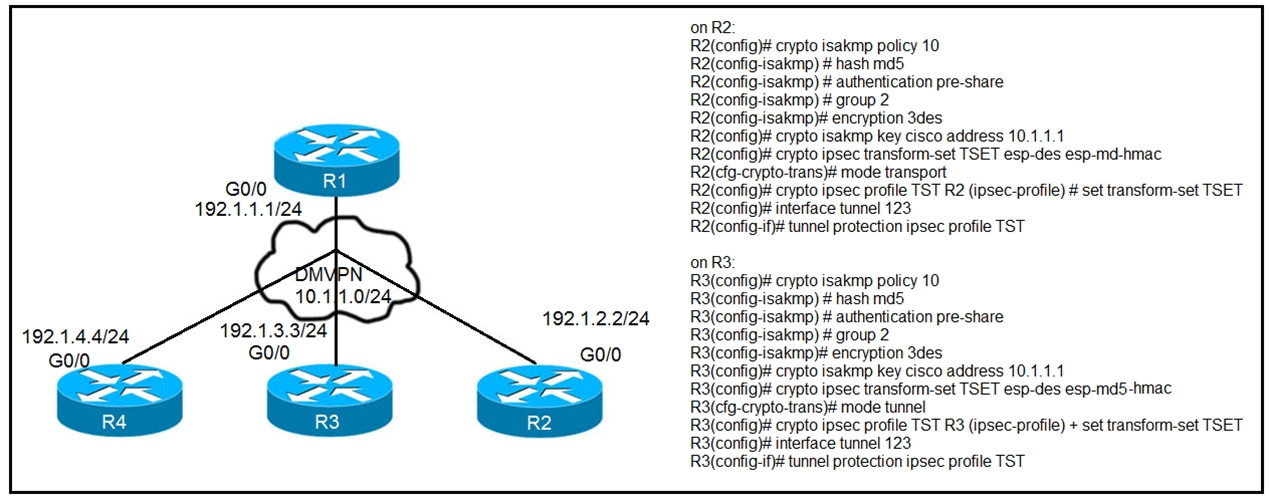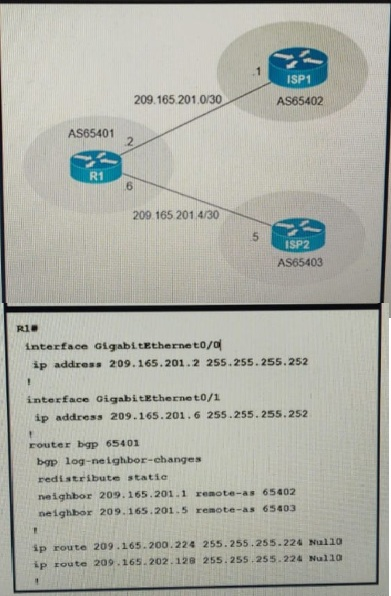At ValidExamDumps, we consistently monitor updates to the Cisco 300-410 exam questions by Cisco. Whenever our team identifies changes in the exam questions,exam objectives, exam focus areas or in exam requirements, We immediately update our exam questions for both PDF and online practice exams. This commitment ensures our customers always have access to the most current and accurate questions. By preparing with these actual questions, our customers can successfully pass the Cisco Implementing Cisco Enterprise Advanced Routing and Services exam on their first attempt without needing additional materials or study guides.
Other certification materials providers often include outdated or removed questions by Cisco in their Cisco 300-410 exam. These outdated questions lead to customers failing their Cisco Implementing Cisco Enterprise Advanced Routing and Services exam. In contrast, we ensure our questions bank includes only precise and up-to-date questions, guaranteeing their presence in your actual exam. Our main priority is your success in the Cisco 300-410 exam, not profiting from selling obsolete exam questions in PDF or Online Practice Test.
Refer to the exhibit.

After applying IPsec, the engineer observed that the DMVPN tunnel went down, and both
spoke-to-spoke and hub were not establishing. Which two actions resolve the issue? (Choose two.)
*When using DMVPN with IPSec, it is unnecessary to use tunnel mode. Because DMVPN uses GRE which means that a new IP header is already added by GRE. The GRE encapsulation happens on the tunnel interface before the encryption process takes place.
Refer to the exhibit.

A company with autonomous system number AS65401 has obtained IP address block 209.165.200.224/27 fro, ARIN. The company needed more IP addresses and was assigned block 209.165.202.128/27 from ISP2. An engineer is ISP1 reports they are receiving ISP2 routes from AS65401. Which configuration onR1 resolves the issue?
A)

B)

C)

D)

https://www.cisco.com/c/en/us/support/docs/ip/border-gateway-protocol-bgp/23675-27.html
Which protocol is used in a DMVPN network to map physical IP addresses to logical IP addresses?
What are the two reasons for RD and VPNv4 addresses in an MPLS Layer 3 VPN? (Choose two.)
Which two statements about redistributing EIGRP into OSPF are true? (Choose two)